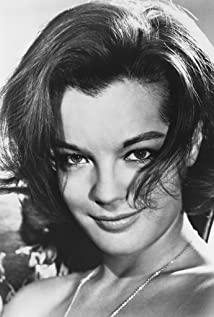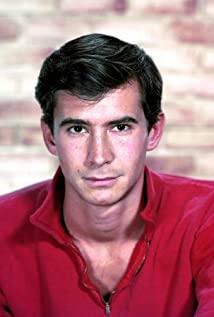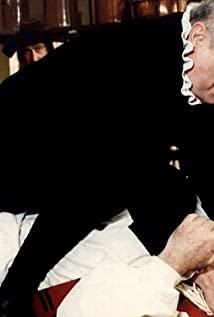The most fascinating thing about Kafka's text is that he can show the state of the character in it by depicting the appearance of the maze - the pattern of the walls, the number of steps required to reach the corner, the angle between the bricks and the bricks. Like a human figure pressed out of a mold. One of the most wonderful things about reading Kafka's novels is that it's hard to imagine what the faces of the characters look like. This is mainly because the characters in it are functional, not subjective. And through these functional guides, the protagonist sinks deeper and deeper into the labyrinth, and in the end, what appears is malice from the world. In words, you can describe a face without staring at it and end up being an imaginary black hole. However, for images, you can never avoid photographing a face, especially when it has to be narrated in a story, you can't cut it because it is soaked in the eyes of the audience, because of empathy. subjectivity.
So, Wells's approach is: on the one hand, he puts the whole film at an excessive rate, the characters are constantly talking, moving, or the camera moves, through the unstoppable speed, through the infinite increase of the film The amount of information, in order to dilute the possibility of characters gaining subjectivity. In addition, it focuses on emphasizing the sense of form of the picture. K is always in a space that is too narrow or too wide and has no support. When the space freely displays its own physical strength in the picture, the existence of the characters has to be compressed to the extreme. In many scenes, there are countless faces and faces of strangers, which become a formal element integrated into the space and form a geometric sense of alienation. The geometric identity is based on the homogeneity of each point. The point itself is only a marker of the spatial position, and has no meaning in itself. The existence of the face as a geometric point in the film further oppresses the subject's possible acquisition. subjectivity space. Of course, images are never words. Given the time of images, we can't help but remember the faces in them, and thus develop empathy. At the same time, the method Wells took, because he always tried to show the centrifugal force trying to escape the center, the excessive avoidance, the excessive sense of escape, and finally made the whole film full of a kind of Buñuel-style. Surrealism, not Kafka's absolutely dignified, boundless nightmare.
The machine is an extremely important metaphor, and the author does not mean a socialist manifesto that everyone works like a part in a machine, but a more metaphysical, human state of existence. In K's office, there is exactly a huge computing machine, and its metaphor is that we never know how things work under these metals, all you can do is , you enter a signal, and wait for it to give you feedback. And for the individual, the only thing we can be sure of is the Aristotelian syllogistic logic circuit -
I am
everyone must be mortal,
so I must be mortal
We are born into this world, step into it, and get A glimpse of what the abyss looks like, but in the end still nothing. It doesn't matter why people are led or what events happen, it's just the never-ending operation of a huge, crazy machine.
View more about The Trial reviews











